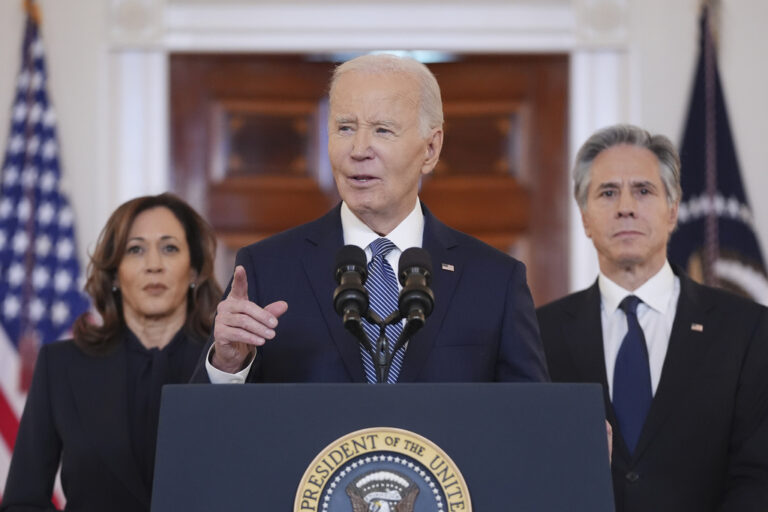 In a refreshing bit of news for a federal agency besieged by the embarrassment of sleeping and inattentive air traffic controllers, the Department of Transportation’s move to impose new airline passenger protection rules is meeting with widespread praise among industry groups.
In a refreshing bit of news for a federal agency besieged by the embarrassment of sleeping and inattentive air traffic controllers, the Department of Transportation’s move to impose new airline passenger protection rules is meeting with widespread praise among industry groups.
There are four major components to the rule changes, which were announced Wednesday.
Airlines that lose a passenger’s luggage will now be required to reimburse the passenger for baggage fees as well as the cost of the luggage itself.
Airlines will have to prominently disclose all hidden fees on their websites.
Passengers who are bumped from a flight are eligible to receive double the amount of the ticket they paid for — up to $650 for short delays. Those passengers subject to longer delays would be eligible for payment up to four times the price of their ticket, up to $1,300.
The new rules also expand the existing ban on lengthy tarmac delays to cover foreign airlines operating at U.S. airports. They must also ensure that passengers who are stuck on the tarmac are provided adequate food and water after two hours as well as working lavatories and medical treatment.
The rule changes met with guarded approval by the Air Transport Association , which represents the interests of America’s airlines.
“We, in general, prefer to rely on market forces and competition to drive consumer benefits and change,” said David Berg, the senior vice president of the ATA. “We think over the last few years, you will have seen that mishandled bag numbers have dropped as well as the number of involuntary denied passengers.”
Passenger rights groups also praised the new rules.
“This is a whole suite of rules — it’s a dramatic change. It’s one of the biggest changes since deregulation and DOT really should be applauded for what they have done, ” said Charlie Leocha of the Consumer Travel Alliance, a nonprofit advocacy group .
But some travelers fear the extra costs imposed on airlines by the federal government will eventually be passed on to consumers.
Rick Gordon of Gaithersburg, Maryland told Fox News, “Anytime the government mandates something, it does have some effect down the road that we’re not aware of until it happens.”
The new rules take effect 120 days after publication in the Federal Register – meaning that travellers will begin noticing them in this August.
(Source: Fox News)










